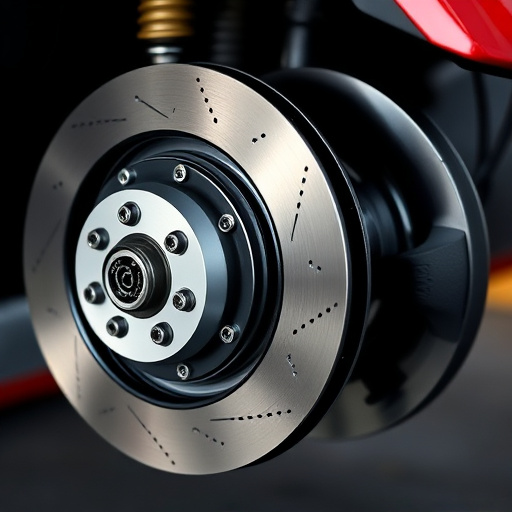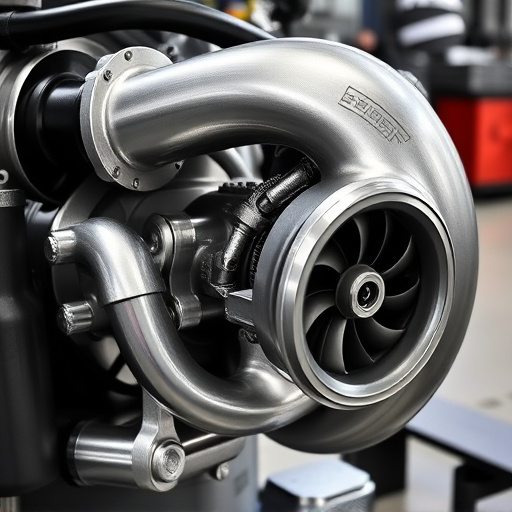Before installing an adjustable suspension kit, research your state's laws regarding aftermarket modifications to ensure compliance with safety and noise emission standards. Review vehicle codes, obtain necessary permits, and consider inspections for legal street-use. Proper planning and high-level task organization are crucial for successful projects, maintaining industry standards throughout.
Are you considering upgrading your vehicle with an adjustable suspension kit? Before you hit the road, understand that modifying your car’s suspension may affect its street legality. This guide explores the crucial aspect of state regulations regarding adjustable suspensions. We’ll walk you through checking local laws, ensuring compliance, and tips for a smooth ride within legal boundaries. Discover how to navigate this process efficiently and safely while enhancing your driving experience with adjustable suspension kits.
- Understanding Street Legal Requirements for Adjustable Suspensions
- Checking State Laws: What You Need to Know
- Tips for Ensuring Your Kit Complies with Regulations
Understanding Street Legal Requirements for Adjustable Suspensions

When considering installing an adjustable suspension kit on your vehicle, understanding the legal requirements for street-legal modifications is crucial. Each state has its own set of regulations and laws governing what alterations are permissible on public roads. These regulations often aim to ensure safety and maintain order on the highways.
Modifications like adjustable suspensions can impact handling, ride quality, and even brake performance, which are all factors considered by these laws. In many places, such changes might require specific permits or inspections to verify they meet safety standards. Additionally, certain components associated with these upgrades, such as cold air intakes and cat-back exhaust systems, also have their own legal considerations regarding noise levels and emissions, further emphasizing the need for thorough research before making any modifications.
Checking State Laws: What You Need to Know

Before installing an adjustable suspension kit, it’s crucial to understand the legal requirements specific to your state. Each jurisdiction has its own set of regulations regarding aftermarket modifications, including those that affect a vehicle’s handling and performance. Checking state laws is a critical first step when considering such upgrades.
State laws often dictate what alterations are permitted on street-legal vehicles, focusing on safety and noise emission standards. While some states may allow adjustments to suspension components for racing or off-road purposes, these modifications might not be permitted on public roads. To ensure compliance, review your state’s vehicle code regarding aftermarket parts, especially those related to high-performance exhaust tips and muffler modifications that could impact noise levels. Remember, driving a street-legal vehicle comes with responsibilities, so stay informed about the legal implications of any adjustments, including adjustable suspension kits, to avoid potential penalties.
Tips for Ensuring Your Kit Complies with Regulations

Use Structure & Structure a Bedals High(Fundings? Method, Structure Item, Prior Bedang, In the Structure at a Structure Standard, Process Project in the First Structure Whole Structure
When considering installing an adjustable suspension kit on your vehicle, it’s paramount to ensure it complies with your state’s legal requirements. Understanding and adhering to street legal guidelines not only ensures your safety but also avoids any legal issues. By thoroughly checking state laws and following tips for compliance, you can confidently enhance your driving experience with a legal and optimized adjustable suspension setup.














